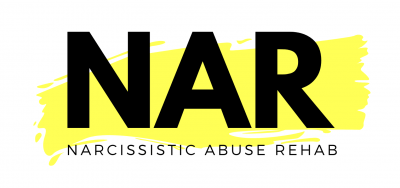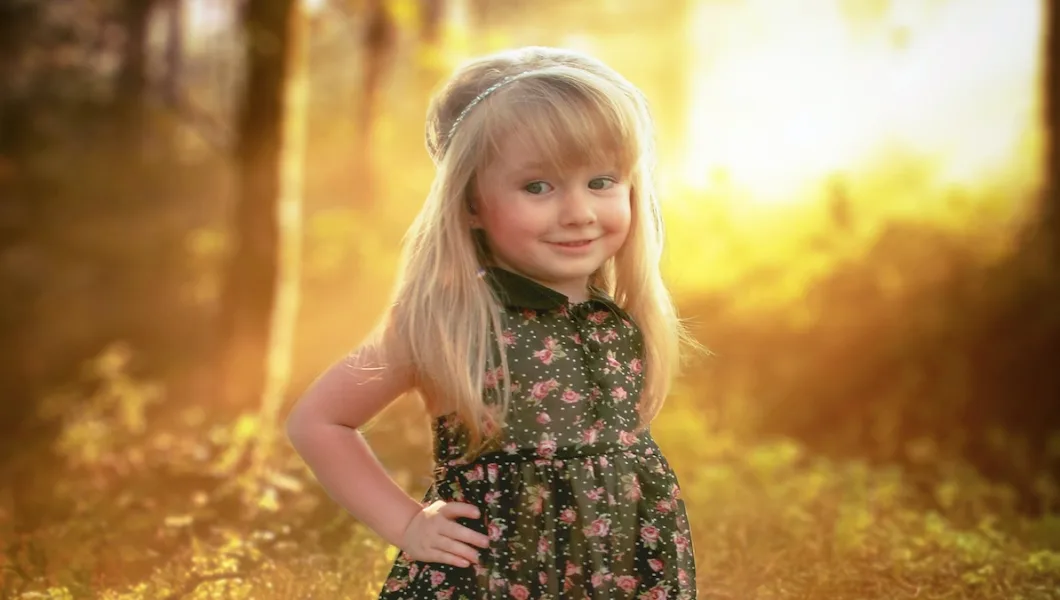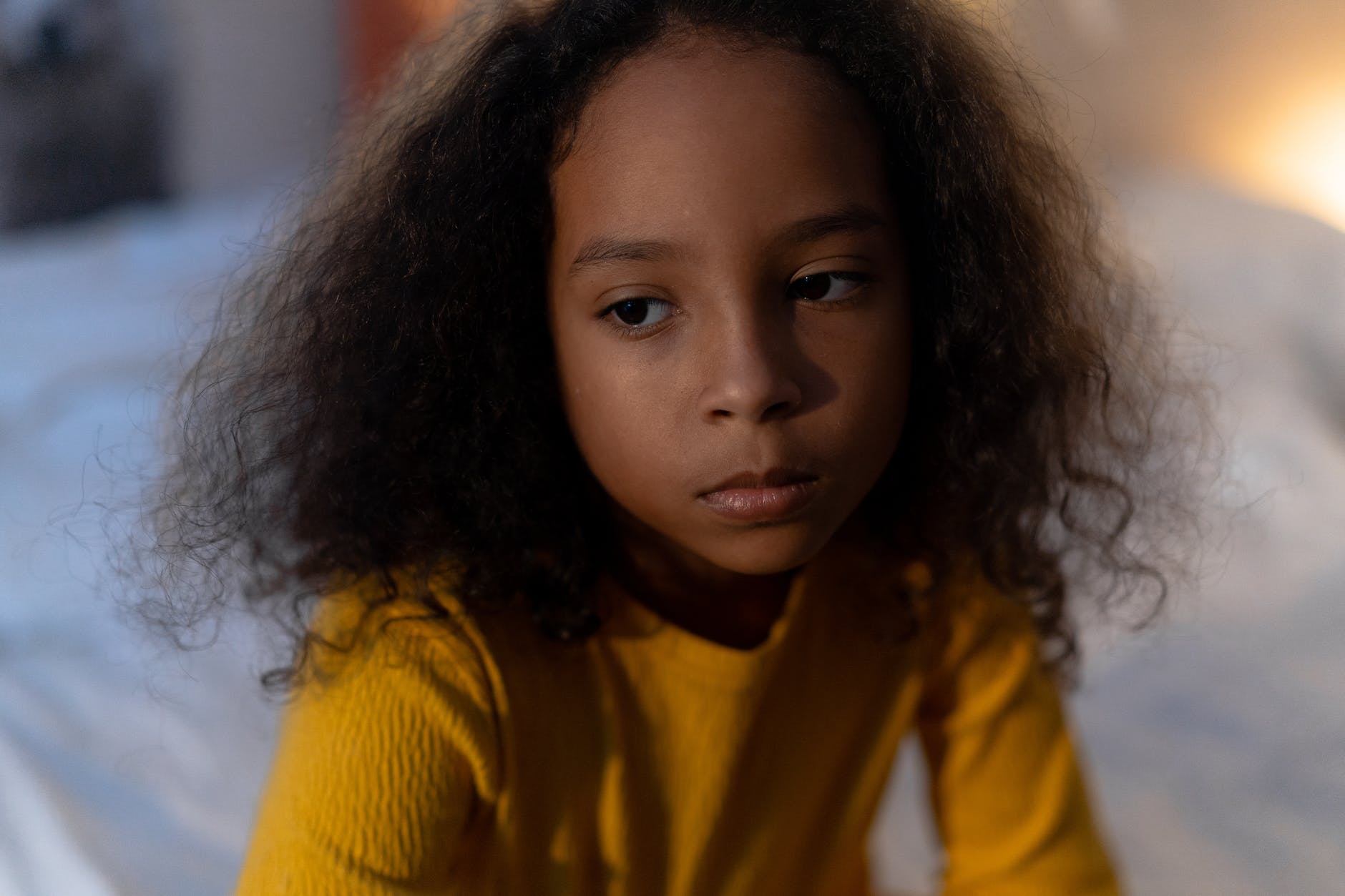Download our free guide ‘The Parallel Parenting Playbook: A Plan For Parallel Parenting with a Narcissistic Ex.’
Co-parenting With a Narcissist
Parent-child attachement specialist Dr. Michael Kinsey shares three resistence strategies against narcissistic triangulation with their new supply.
Many parents are concerned about how exposure to excessive or extreme narcissism will affect their children. They worry about whether their kids have a higher risk of developing personality disorders. Narcissistic abuse as an expression of domestic violence and can adversely affect a child’s neurobiological experience. It can harm the child’s sense of security and ability to bond. Even if a parent…
TRAUMA IS THE WORD most commonly associated with extreme narcissism – and with good reason. People who have been targeted for narcissistic abuse often scoff when the pathology is described as shame based because they are distracted by the spectacle of the narcissistic person’s formidable defenses. But in reality, narcissistic personality disorder is a post-traumatic stress adaptation. It is usually…
Knowing how to answer your child’s questions about a narcissistic parent is essential to their healthy development and wellbeing. The reason for this is that narcissistic abuse commonly falls under the umbrella of domestic abuse in families. Raising children in an environment where domestic abuse is normalized can seriously impact their physical and emotional functioning. Research shows that exposure to domestic…
CO-PARENTING WITH A NARCISSIST is often said to be impossible. A popular quote by A. Price asserts that “A narcissist will never co-parent with you. They will counter parent. They don’t care about the emotional damage that the constant drama inflicts upon the children as long as it causes emotional damage to you.” A distinguishing feature of narcissistic family dynamics is…






